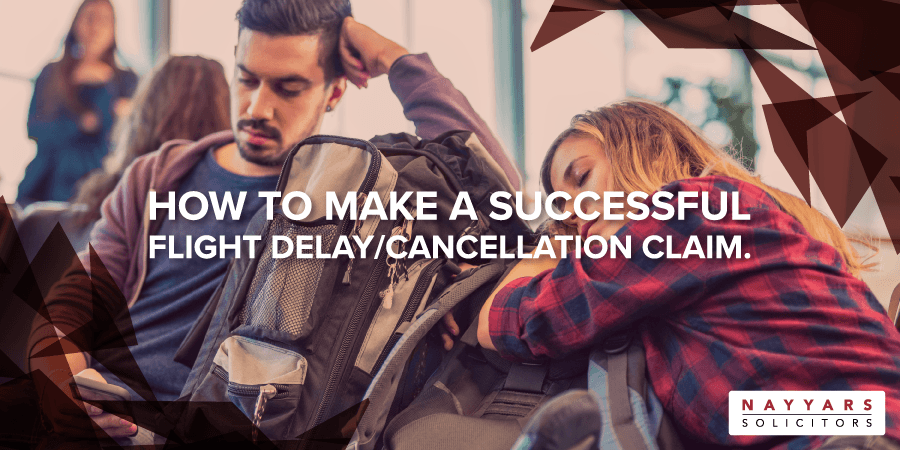LAW SOCIETY EXCELLENCE AWARDS 2019 WINNER!
Claiming as a Secondary Victim as a result of a fatal accident

Where someone has lost a loved one as a result of criminality/negligence and they witness the event or its immediate aftermath, then they may be able to claim for their psychological injury as a result. The test that applies in these cases is the “dearness, nearness and hearness test” established following the Hillsborough disaster:
- Dearness
There must have been a close tie of love and affection with the victim
- Nearness
They must have witnessed the event or the immediate aftermath of the event leading to the death
- Hearness
The cause of the injury must have be a traumatic event rather than the death itself
Historically, judges have been strict in their interpretation of the second stage of this test. Generally, only those that were witness to the tragic event itself or arrived on the scene in the following moments are able to claim. For example, in the past it has not been sufficient for parents to arrive at the hospital after an accident to witness their child’s body being wheeled in from the ambulance.
We know how to argue this point of law. We undertake extensive research into every case and always fight for our clients. We know how Courts interpret the test and how to get the best results. Often, by evidencing that the hours following the accident formed one “seamless sequence” rather than separate events, we are able to establish that our clients were “near” enough to the accident to pass the second stage of the test.
This is a complex argument that stems from the case of Walters v North Glamorgan NHS Trust and was later confirmed in Galli-Atkinson v Seghal. In the latter case the Court of Appeal found that, a mother who had arrived at the scene of a road traffic accident an hour after the event itself, only to find that her daughter has passed away, did satisfy the test because the “event” extended from the moment of the accident until the moment that she left the mortuary.
By all accounts, this is a much disputed area of law. If you intend to make a claim as a secondary victim following a fatal accident, make sure that you have the right Solicitors on board.
Abigail Smith
Litigation Assistant


